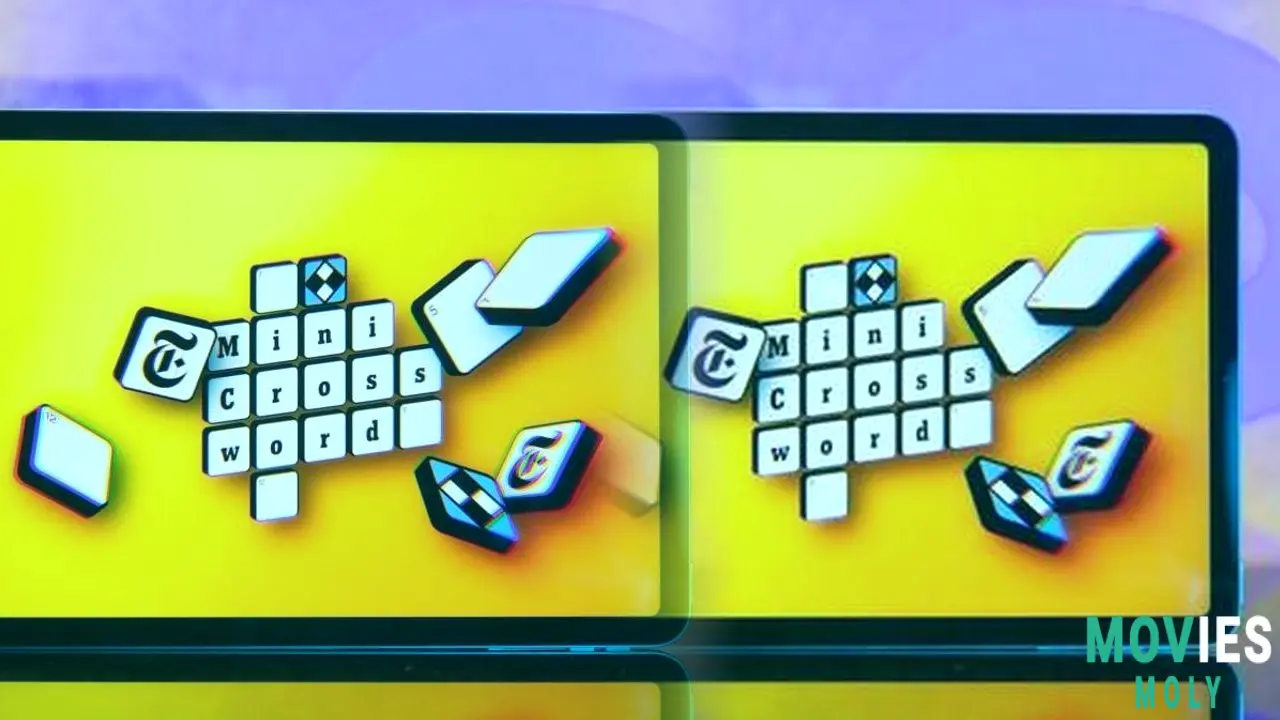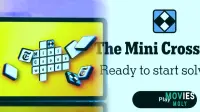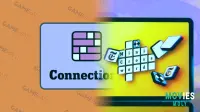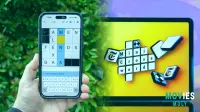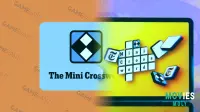In the vast ecosystem of The New York Times Games, few fixtures have grown into daily rituals like the Mini Crossword. Compact, sharp, and often delightfully sneaky, the Mini packs the emotional punch of a full-length Sunday crossword into a bite-sized experience. And on May 6, 2025, one clue—“a little horse”—reminded solvers just how cleverly these micro-puzzles can play with language, perception, and player momentum.
How a Four-Letter Clue Became Today’s Mini Crossword ShowstopperAt first glance, “a little horse” might seem straightforward. But as anyone who’s tackled the May 6 Mini knows, the clue isn’t just teasing vocabulary—it’s teasing your brain. Is it asking for a small equine? A foal? A pony? Or is it a punny nod to phonetics, contrasting with the adjacent clue “a little hoarse”?
In the tight 5x5 grid of the Mini, every letter counts. And when multiple valid words for “little horse” fit the bill, the solver is forced to engage in rapid-fire deduction. This isn’t just crosswording—it’s a speed-run through linguistic nuance. The answer, of course, had to align perfectly with crossing words, but getting there meant players had to pause, reconsider, and revel in the wordplay.
The Mini Crossword: More Than Just A Quick Fix
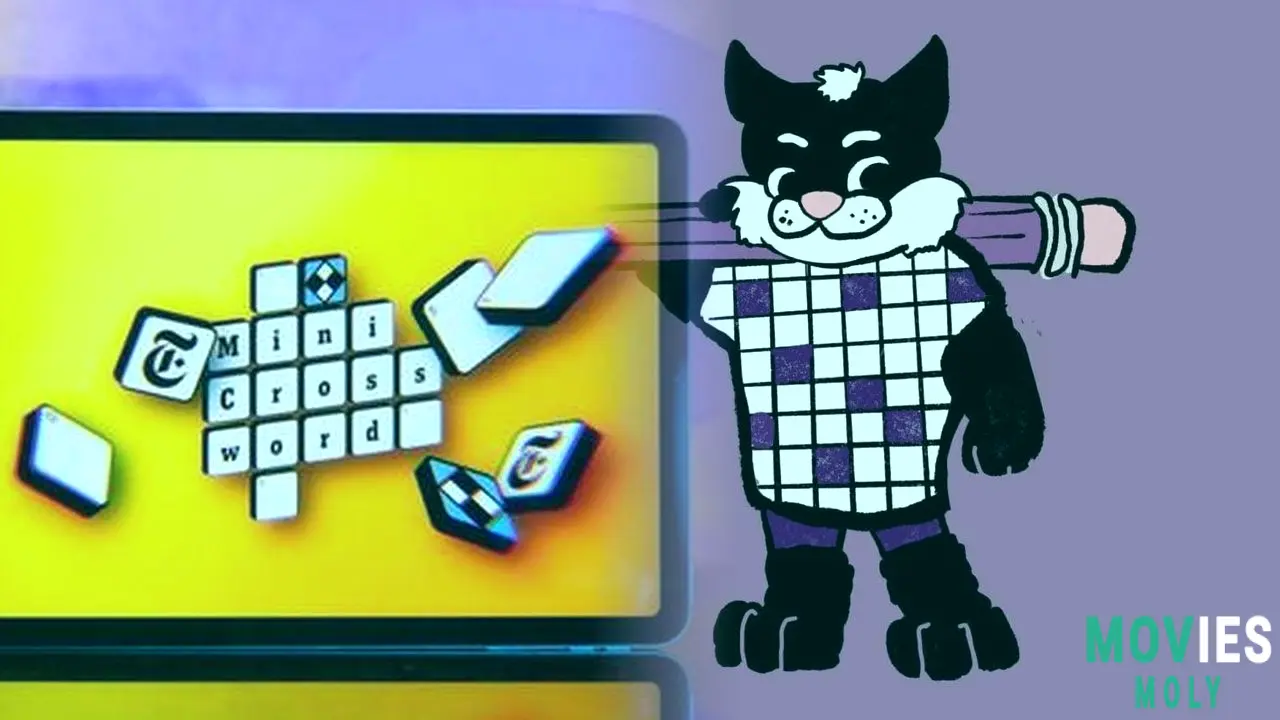
Since its debut in 2014, the Nyt Mini Crossword has evolved into more than just a shorter version of its larger cousin. Edited by Joel Fagliano and crafted by a rotating ensemble of puzzle maestros, the Mini has carved out its own identity. It’s accessible without a subscription, fast enough for a coffee break, and challenging enough to satisfy the most die-hard wordsmiths.
Games outlets like CNET and Mashable now regularly provide daily answer guides, not because the puzzles are impossible, but because they’ve become a shared cultural touchstone. The Mini isn’t about winning—it’s about participating in a collective mental warm-up. And sometimes, like with “a little horse,” it’s about bonding over a particularly clever clue.
What Today’s Puzzle Reveals About The Power of Word Games
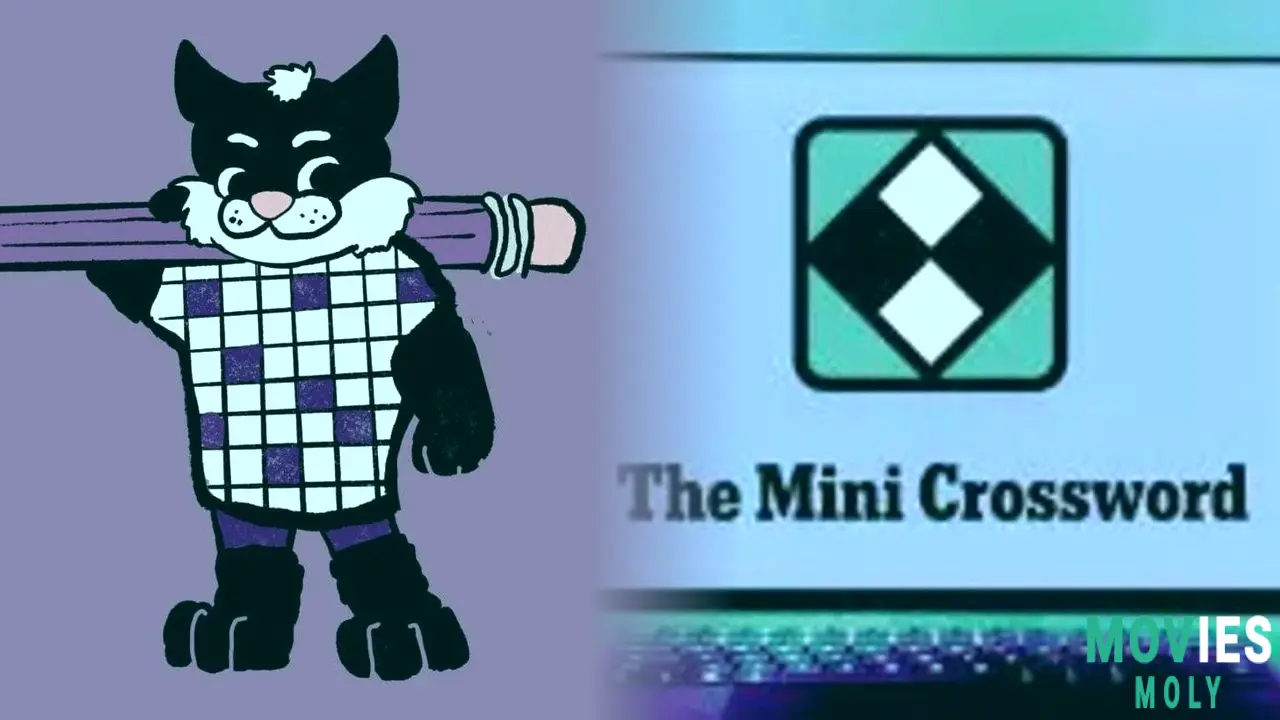
In an era dominated by sprawling open-world games and immersive streaming universes, it’s striking how something as simple as a 5x5 crossword can capture attention. The Mini’s power lies in its brevity and ingenuity. It challenges players to think laterally, to embrace language’s quirks, and to find joy in small victories. Completing the May 6 puzzle wasn’t just about filling squares—it was about appreciating the elegance of a well-crafted pun.
For fans of Marvel or DC, it’s like spotting a hidden Stan Lee cameo or a subtle Joker reference in a Nolan film. It’s that moment when the creators wink at you, and you feel a deeper connection to the work. “A little horse” wasn’t just a clue—it was an Easter egg for word lovers, a tiny triumph of design over desperation.
Why The NYT Mini Crossword Continues To Thrive
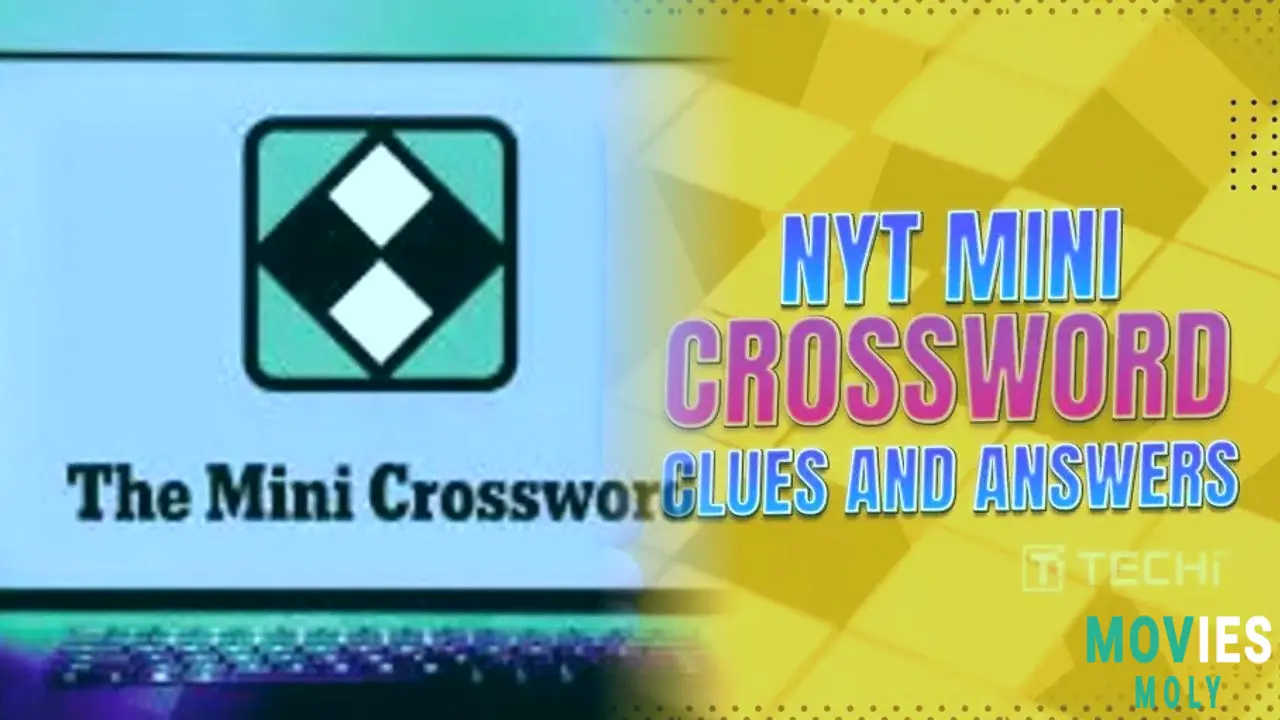
The Mini’s sustained popularity isn’t accidental. It fills a unique space between entertainment and education, leisure and logic. Platforms like The Pinnacle Gazette have even dubbed this era of puzzle engagement as part of the “Intelligent Journalism” movement—content that respects the mind and invites active participation.
And with The New York Times Games ecosystem expanding to include Wordle, Connections, Strands, and more, the Mini Crossword remains the anchor. It’s the mission control for daily mental exercise, the place where casual players and crossword connoisseurs intersect. As one Forbes writer confessed after cracking a particularly tricky Mini, these puzzles often become the smartest part of our day.
Next-Level Engagement: Solving Strategies and Community
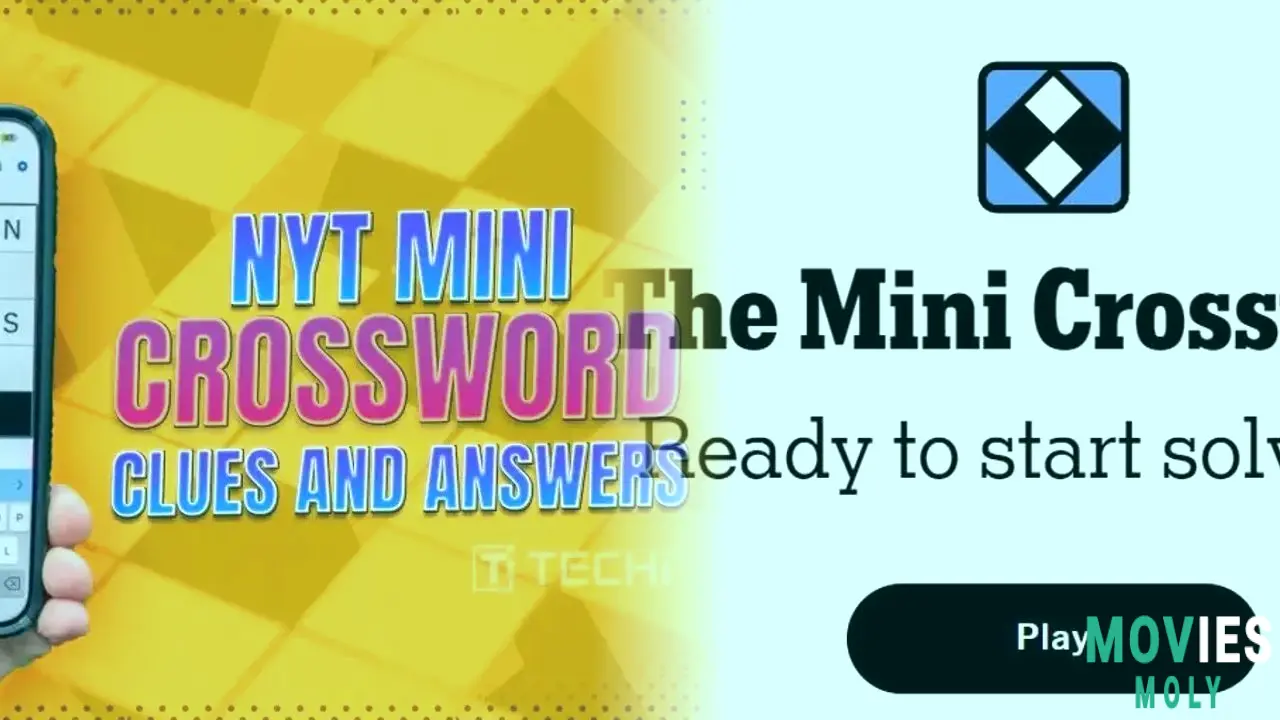
One of the most fascinating aspects of the Mini community is how openly players share their solving strategies. The consensus for tricky puzzles like today’s is to start with the easiest clues, build a letter foundation, and trust the intersecting words to guide you. It’s a tactical chess match played with words like CABS, SLIPUP, and ATONCE.
Even when a clue stumps you—like unfamiliar references to figures such as Atul Gawande—there’s a sense of collective learning. Players don’t just hunt for answers; they explore the clues, expand their vocabularies, and share their triumphs on Twitter, Instagram, and beyond. The Mini has turned into a social good, a shared spark for curiosity.
“A Little Horse” — A Small Clue With A Big Legacy
It’s rare that a single crossword clue captures so much attention. But that’s the magic of the NYT Mini Crossword. It’s a platform where language lovers find daily delight, where small puzzles create big moments, and where a phrase like “a little horse” can gallop its way into the cultural zeitgeist.
So next time you’re racing against the clock in the Mini, hunting for that perfect four-letter word, remember: sometimes the tiniest clues deliver the most powerful connections. And in the world of puzzles, that’s nothing short of heroic.

